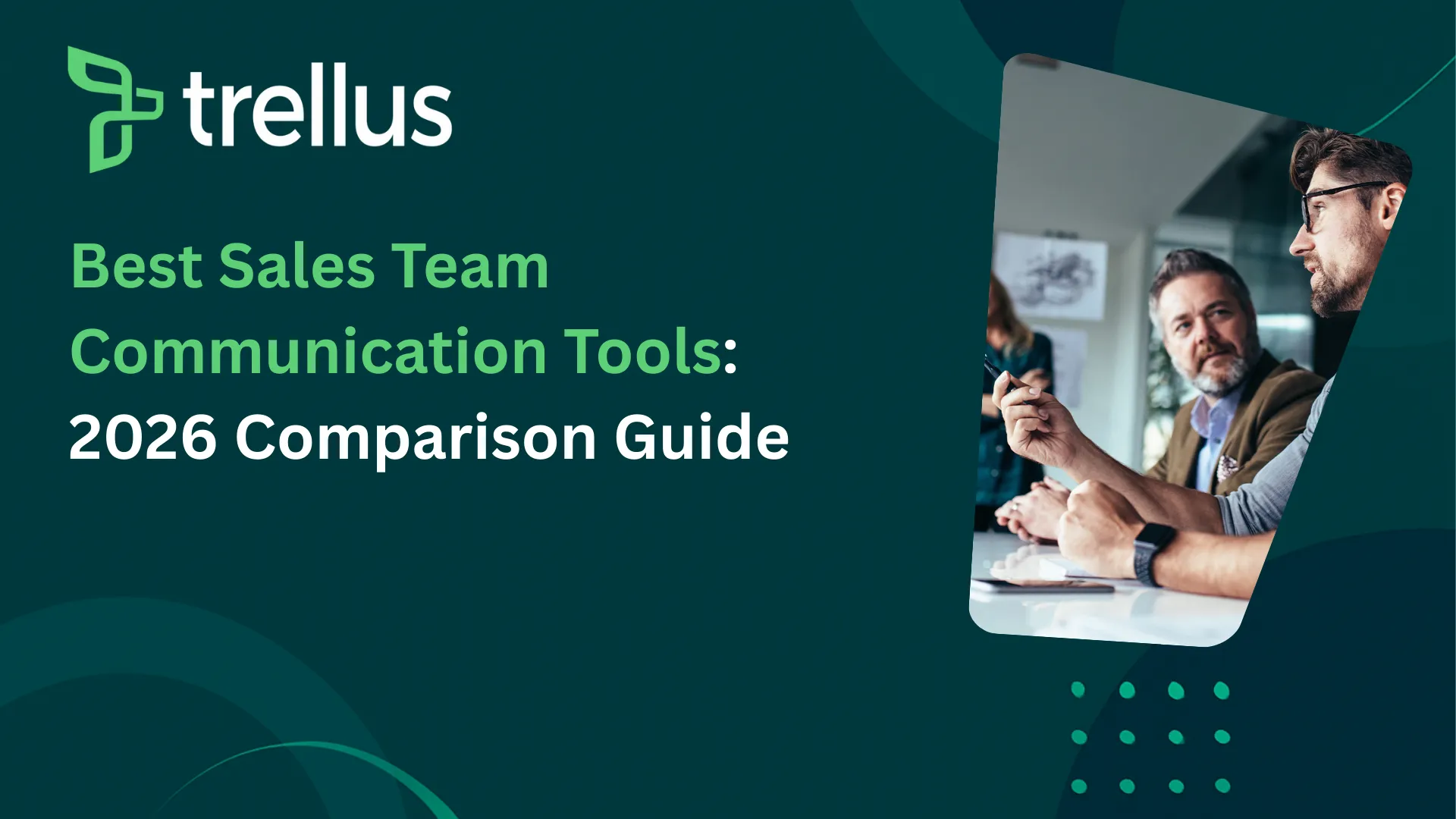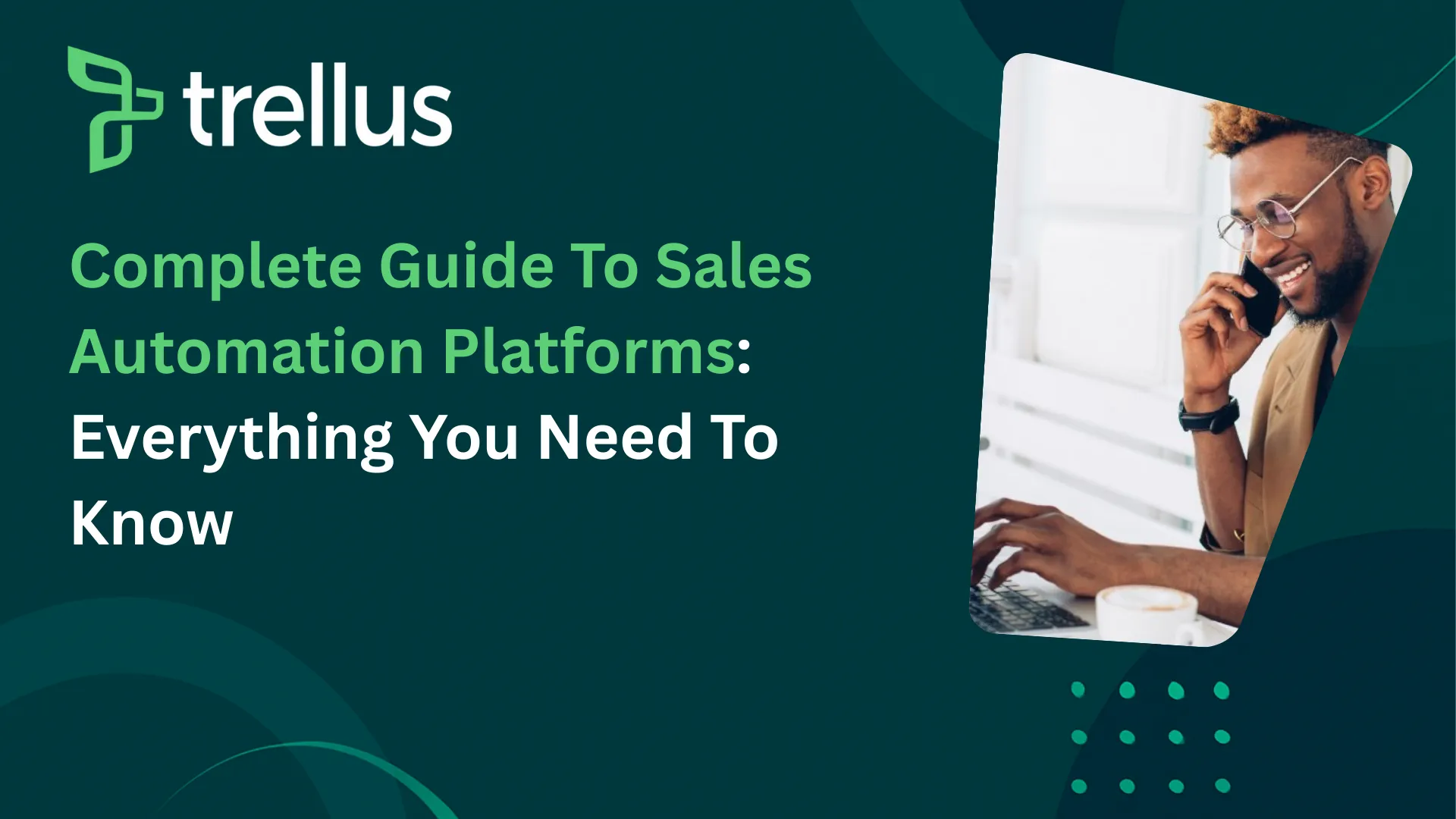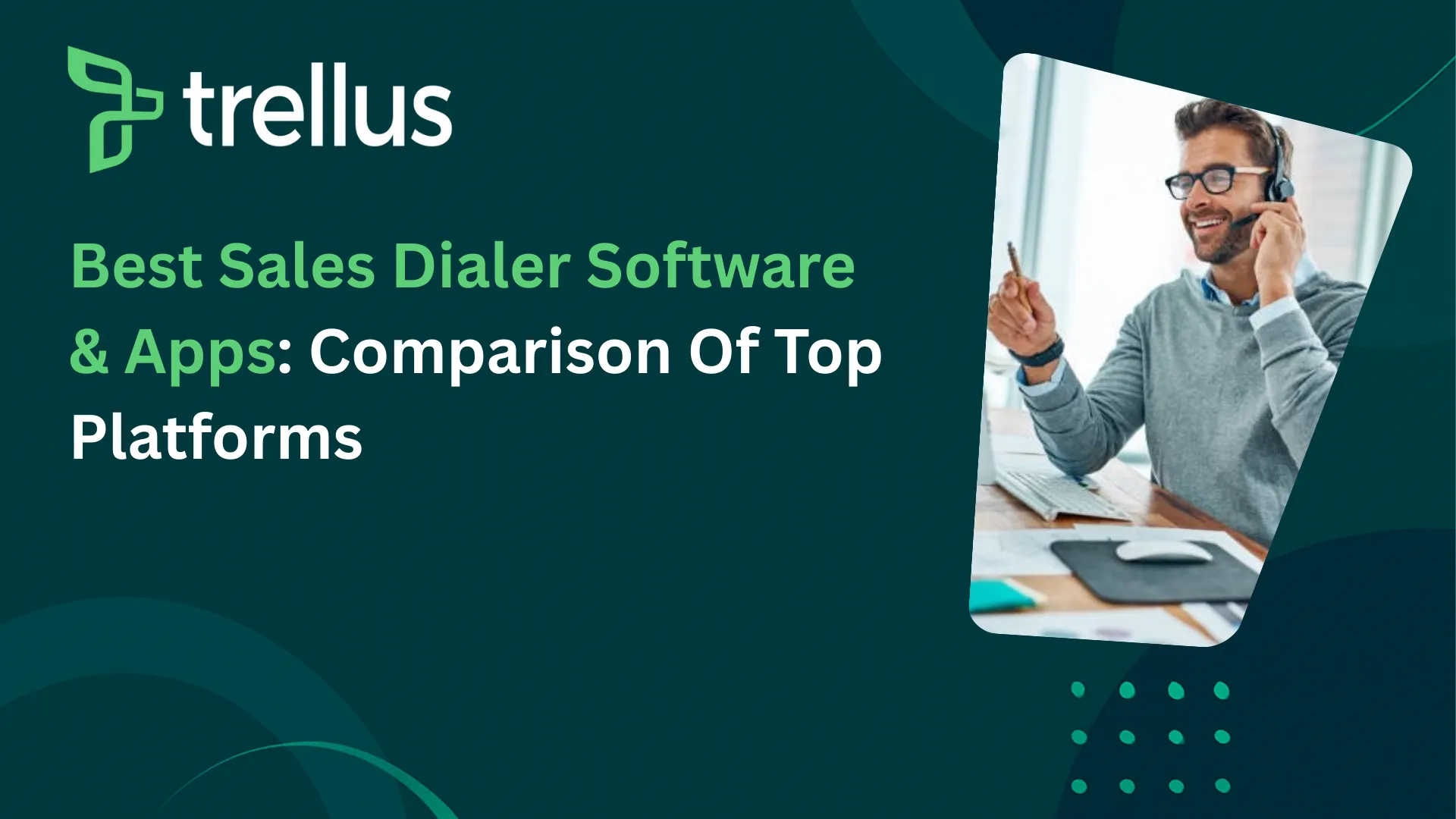
Our Top Picks


If we were to go by percentage related to any sales teams’ ability to retain whatever knowledge was imparted during a sales training workshop, it’s at a whopping “16%”.
What?
Yes, that's right.
Almost 84% of what is taught is forgotten, and that’s not only restricted to sales training programs. The human attention span is pretty short, and there’s a very small percentage of people who can vividly recall something with high attention to detail after several days or weeks.
And if that isn’t alarming enough, 74% of sales professionals say they’re not hitting their full potential because their training just doesn’t cut it.
Sound familiar? It may depend on your business situation and other factors related to sales training LMS, deployment, and use of sales training software in the company, etc.
Anyhow, the point is that if your team is missing quotas, struggling with inconsistent performance, or just not getting the real-time coaching they need, you’re not alone. Traditional sales training—those stuffy workshops, generic e-learning modules, and sporadic feedback sessions—just doesn’t work anymore.
What’s the good news then?
Either you can have a hyperactive learning environment where sales teams are trained, tested, and encouraged to participate in different sales scenarios, or you can have something similar that comes through an ai sales training software.
Either way, there’s a cost factor involved in both training styles. And there’s a high chance that the ai sales training software route will cost you way less because of its full-stack training potential.
Having said that, we wanted to double down on ai sales training for a long time. It’s something different and aside from the usual route.
Plus, it gives the experts at Trellus an opportunity to share their insights on ai sales training technology, and why it’s a better substitute as opposed to old-school sales training methodologies.
So, let’s get started.
Why Traditional Sales Training Fails (And What to Do Instead)

Traditional sales training doesn’t fail! It still works in different industries, but a lot of these programs depend on the type of sales team/ audience that a company is looking to train.
The current landscape is more competitive, alongside a hyperactive industry where technology and different tools are just as much important as any sales training process.
So, we prefer using automation, i.e. artificial intelligence as a means to an end for a variety of non-sales, and sales training software/ sales training simulations, etc.
On top of that, dated or old-school sales training programs have few setbacks. You can see some of those below:
- Low retention – Most reps forget what they learn almost immediately.
- No personalization – Generic training doesn’t address individual weaknesses.
- Lack of real-world practice – Role-playing with a manager isn’t scalable.
- Slow feedback loops – By the time reps get feedback, the moment’s gone.
Then again, there’s the monetary side to these things.
Old school training workshops, whether or not they are sales related or anything else for that matter, are organized and scheduled through a process. These events also need to have a sales training expert, or several experts who conduct the training sessions.
For argument’s sake, yes, you can say that the cost factor can be significantly reduced if the sales training is done online.
While that’s true, because you are no longer bound by overhead expenses concerning event organization cost, venue fee, rentals, etc, the sales training coach is still going to charge a fee. The higher the expertise level of that coach is, and seeing how busy their schedule usually is, the cost will also be high.
That’s where AI sales coaching tools come in.
And we are not just highlighting their importance for the sake of cost factor. In the following passages, you will learn that any range of ai sales coaching tools have different features that give sales teams the ability to learn and re-learn things at their own pace.
We’ll get to that part later.
But the important thing to know is that for any ai sales role-play tool, or ai sales training software, instead of boring slideshows and forgettable lectures, these programs give reps personalized, interactive, and data-driven coaching—exactly when they need it.
How AI Sales Training Software Works

As we mentioned earlier in this post, artificial intelligence isn’t just another buzzword—it’s a complete overhaul of how sales teams learn. Here’s what modern AI-powered training looks like:
1. AI Sales Role-Play Training: Practice Like It’s Real
One of the biggest gaps in traditional training? Realistic practice. Most reps get maybe 4-5 coaching sessions a year—if they’re lucky.
With AI sales role-play training, they can practice anytime, anywhere, with hyper-realistic simulations.
Imagine:
- Virtual buyers that act like real prospects, throwing objections, asking tough questions, and testing a rep’s skills.
- Instant feedback on what they did well (and where they bombed).
- Unlimited retries—no fear of embarrassment, just pure skill-building.
Platforms like Trellus allow reps to take part in ai call simulations so that they can practice with virtual versions of your actual customers, making training 10x more relevant.
And the important thing is that for each simulation or practice call, the company doesn't have to spend money, since they are not signing up a real-life sales coaching expert from outside to conduct these simulations.
In other words, it’s a plug-and-play scenario where sales reps can learn things, re-learn, and keep up with it at their own pace because they also have to meet numbers and targets on the side.
2. Conversation Intelligence: Fix What’s Actually Broken
Most sales managers guess where their team needs help. AI knows.
Advanced AI sales coaching tools analyze:
- Call recordings – Spotting patterns in talk time, objections, and closing techniques.
- Email & chat responses – Identifying weak spots in messaging.
- Real-time cues – Even detecting tone, pacing, and confidence levels.
Instead of vague advice like "Be more confident," AI gives specific, data-driven feedback:
- You talked 70% of the time—try a 50/50 balance next call.
- You missed two buying signals at 3:12 and 5:47—here’s how to catch them next time.
3. Personalized Learning Paths (No Two Reps Train the Same Way)
Not every rep struggles with the same thing. AI sales training software adapts to each person’s needs by:
- Identifying skill gaps – Does Luke need help with objection handling? Is Samantha weak on discovery questions? AI pinpoints it.
- Customizing training – Delivering the exact modules, simulations, and feedback each rep needs.
- Tracking progress – Showing exactly how much they’ve improved (and where they still need work).
4. Faster Onboarding (Without the Sink-or-Swim Approach)
New hires usually take months, if not weeks or days, to ramp up. With AI, everything can be done efficiently.
Depending on the ai sales role play training suite, the reps might be in for:
- 20 or so practice sessions (vs. just 3-4 with human coaching).
- Simulated deals that mimic real accounts.
- AI mentors are guiding them through every step. You can also call these mentors an embedded conversational intelligence technology that recognizes ongoing call patterns and cues callers in on better conversational skills. And yes, that’s part of Trellus’s unique value offering.
The result?
Faster quota attainment and lower attrition in the first year. It could be the first quarter, too, depending on how efficient different business verticals are in your company.
The Hard Numbers That'll Make You Rethink Your Training Budget

When we say AI sales training software delivers ROI, we're not talking about fuzzy "potential benefits." We're talking about:
- 7-15x Return in Year One
That's not a typo. For every dollar spent on quality AI sales role-play training, companies are banking 7−15% of it back in increased sales, reduced turnover, and faster ramp times. That's the kind of math that gets CFOs excited.
- 70% Faster Ramp-Up for New Hires
Remember when it took 3-6 months to get a new rep fully productive?
With AI sales coaching tools, that timeline shrinks dramatically. New team members get up to speed in weeks instead of months because they're practicing constantly with hyper-realistic sales training simulations.
- 20% More Reps Hitting Quota
This one's huge.
Most sales orgs have about 60% of their team hitting quota. AI training bumps that number up significantly because it actually fixes what's holding each rep back, not just delivering generic advice.
What Separates Good AI Sales Coaching Tools from the Rest

Not all AI sales training software are created equal.
After seeing dozens of platforms in action, here's what truly moves the needle:
Hyper-Realistic Sales Training Simulations
We've all suffered through those robotic "training" chatbots that feel like talking to a brick wall.
The best AI sales coaching tools now use advanced conversational AI that actually understands nuance, throws realistic objections, and adapts to how the rep responds.
Customizable Buyer Avatars
Generic practice partners don't cut it anymore. Top platforms let you create AI versions of your actual buyer personas - maybe it's "Healthcare CFO" or "Manufacturing Plant Manager." When reps train against these lifelike avatars, the skills transfer directly to real calls.
Instant, Data-Driven Feedback
Forget "good job, maybe try to talk less next time." Modern AI sales role-play training gives specific, actionable insights like:
- "You missed X number of buying signals between minutes 4:12 and 6:30."
- "Your talk-to-listen ratio was 70/30 - aim for 50/50"
- "You used 5 filler words per minute - here's how to clean that up"
Seamless CRM Integrations
The best tools plug right into your existing Salesforce, HubSpot, or other CRM. This means reps can practice with actual deal scenarios pulled from their pipeline, making the training infinitely more relevant.
True Scalability
Whether you're training 10 reps or 10,000, the quality stays consistent. No more "the home office team gets great training while remote offices get the watered-down version."
AI Sales Training Software: Getting Started May Not Be As Hard As You Think
If you're sold on the benefits but nervous about implementation, here's a stress-free approach:
1. Find the Right Fit
Look for AI sales training software that specializes in your industry.
For example, Trellus has made waves in the enterprise and SMB sectors alike, while other platforms focus on specific verticals. Many offer free trials or AI sales role-play free versions to test drive.
2. Start Small
Pick one team or location for a 60-90 day pilot. Track hard metrics like:
- Ramp time for new hires
- Quota attainment
- Engagement with the training
- Retention rates
3. Blend AI with Human Coaching
The magic happens when you combine both. Let the AI sales coaching tools handle skill-building and practice, freeing up managers for high-value coaching on strategy and complex deals.
4. Measure What Matters & Improve Accordingly
Don't just track "completion rates." You need to set KPIs and then monitor the following aspects as you move along:
- % increase in win rates
- Reduction in sales cycle length
- Improvement in key behaviors (like discovery questioning)
FAQs - AI Sales Training Software
Q: Is AI sales training software expensive?
A: Surprisingly, no. Most companies see a 7- 15x ROI within a year from faster ramp-ups and higher win rates.
Q: Can AI really replace human sales coaches?
A: Not replace—enhance. AI handles repetitive skill-building; humans focus on strategy and mentorship.
Q: Will reps actually use it?
A: Yes! Studies show increased engagement rates because AI training is more interactive and less boring than traditional methods.
Over To You!
If your sales training hasn’t changed in the last 5 years, you’re falling behind.
AI isn’t the future—it’s the now.
The best teams are already using AI sales role-play training, conversation intelligence, and personalized coaching to outsell the competition.







